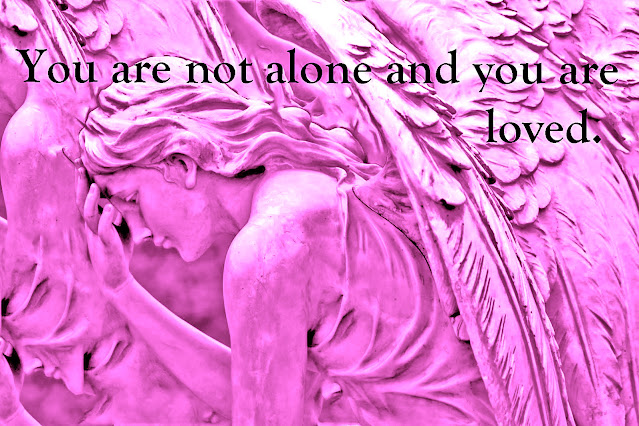Military suicides have become slightly less common, but are still a 'massive problem' American Homefront Project
By Steve WalshPublished December 11, 2022
Though military suicide has been a problem for decades, critics say the Pentagon hasn’t come to terms with the fact that anyone can potentially be at risk.
More than 500 military personnel die by suicide each year, though the number dropped slightly last year. This summer a Pentagon Committee visited bases around the world including Nellis Air Force Base in Nevada, Fort Campbell in Kentucky, Naval Air Station North Island in California, Camp Lejeune in North Carolina, the North Carolina National Guard, and Camp Humphreys in South Korea. The panel also visited three bases in Alaska, where there have been several suicides.
Despite the scrutiny, another four suicides took place in November at the Navy’s Regional Maintenance Center in Norfolk, Virginia. Earlier in the year, in nearby Newport News, seven suicides were reported on the USS George Washington.
After visiting the ship, Master Chief Russell Smith told Congress in May that he once struggled with suicidal thoughts. He also recounted a story of a colleague - a Navy SEAL - who died by suicide.
“Suicide is a massive problem for us, because it’s the one thing we can prevent absolutely by getting inside people’s headspace and connecting to them,” Smith said.
read more here
Now that you read that, read this.
I never served, but I survived. I never fought in a war, but I fought battles to heal. I've listened to veterans for 4 decades but one conversation still sticks out in my mind.A veteran, tough as they come, took offense when he asked me about my service. I told him I didn't serve. He started shouting at me about how I had no clue what it was like for him. I told him he was right. Then I listed the things I survived, all ten of them. I asked him if he had a clue what any of that was like for me. He said he didn't. Then I asked him if he could understand what all of that did to me. He was silent for a while, and I heard him sniffle. He said he did.
I can't understand what WWII did to my uncles, or Korea did to my Dad, or Vietnam to my husband. I can understand what surviving did to them because I survived what I did.
If you can't understand how surviving anything changes you, then do some basic research on all the others that end up fighting a battle with the demon PTSD, and know, you are not alone. You are human and survived something most people will never know. Don't expect them to understand. Don't dismiss them when they may be able to help you, even though you did not have the same experience cause it.
We are the world's leading research and educational center of excellence on PTSD and traumatic stress.Look over on the right for the dropdown menu. Read the lists of others that also fight their battles with PTSD. Then understand something. Most of the time, PTSD strikes after just one exposure. How many did you go through?
PTSD is a mental health problem that some people develop after experiencing or witnessing a life-threatening or traumatic event. If symptoms last more than a few months, it may be PTSD. The good news is that there are effective treatments.
Once you've learned more about #PTSD, consider something else. If you were willing to die to save someone else, are you willing to heal to save others too? If you share your healing with others, they will find the hope they can heal too and they are not alone. They will pass it on. Think of all the lives you'll be able to save by sharing your struggles with us, and we can do the same for those who serve this country. We may not all understand the cause but we can all speak the language of healing! Would be a great way to start the New Year!






